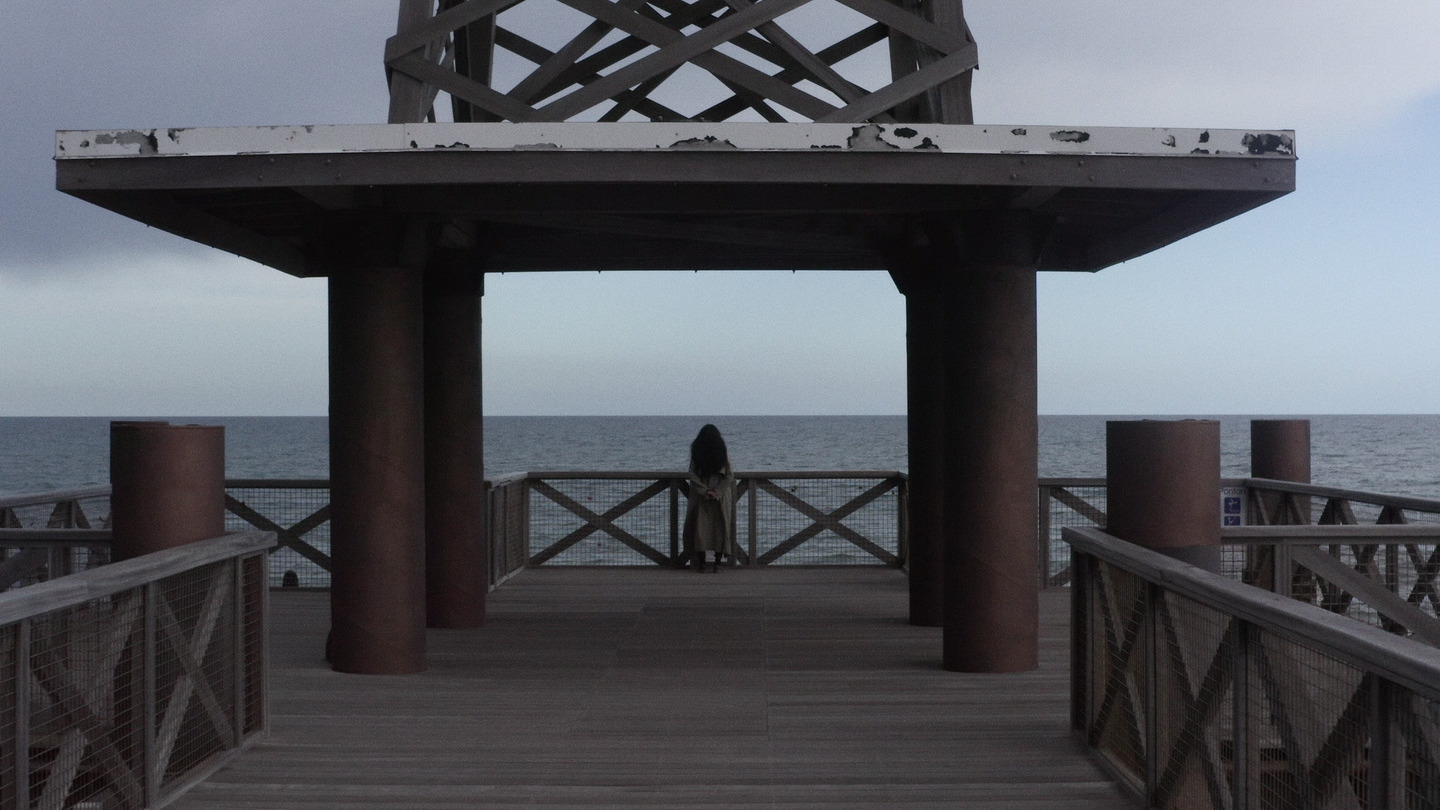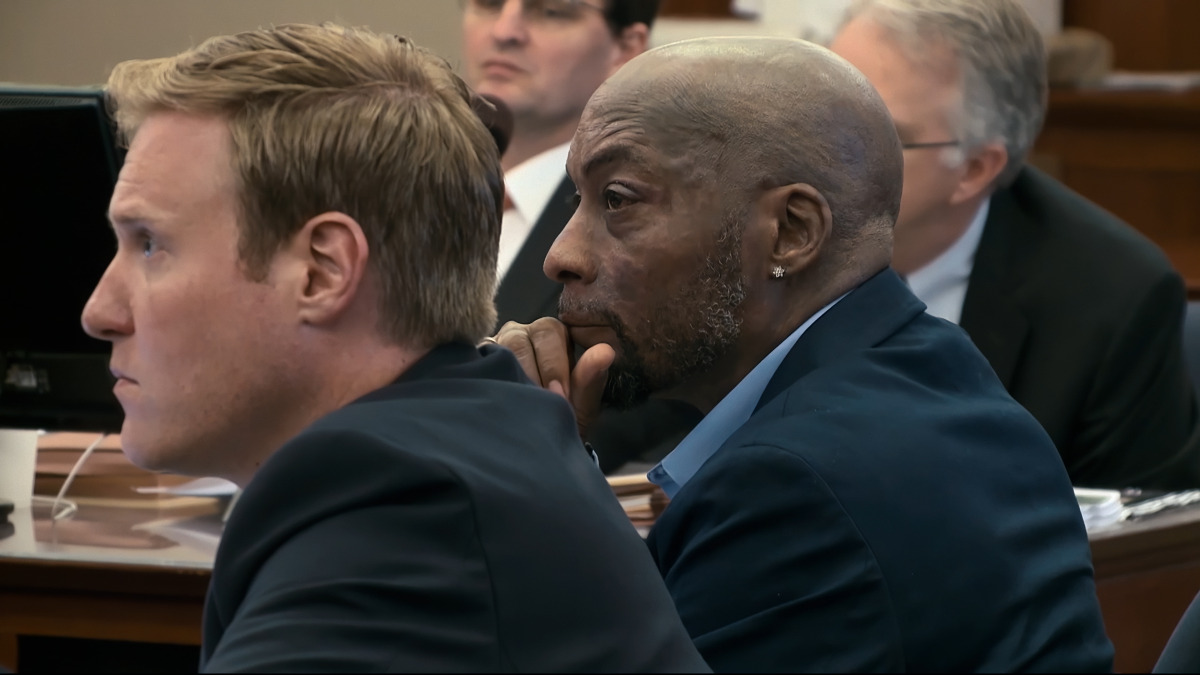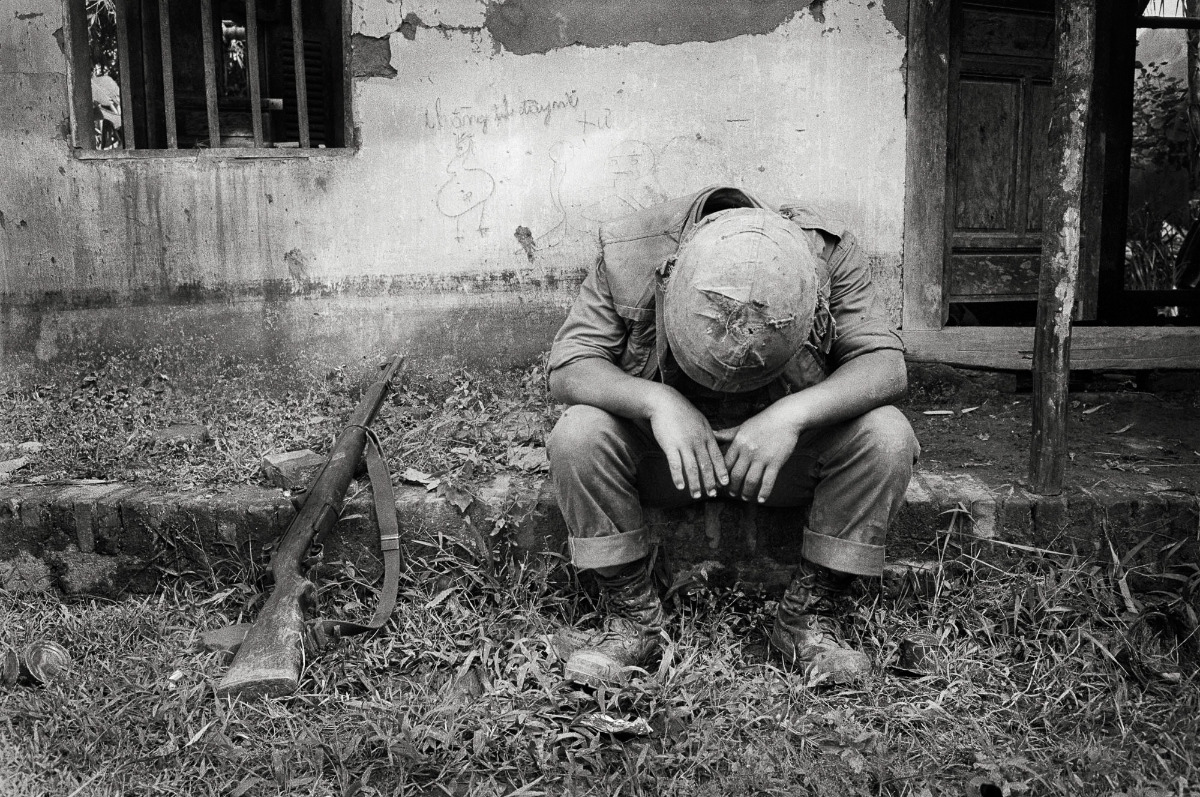Eskape
(France, 70 min.)
Dir. Neary Adeline Hay
Programme: Hidden Histories
For many children of immigrants, there’s a desire to learn about your heritage, which isn’t taught in schools and to understand your family’s history and motivation for leaving their birth country. But for many refugees and immigrants, that history is painful and may be best left behind. Such is the case for director Neary Adeline Hay and her mother, Thany Lieng. In a heartfelt and deeply personal film, Eskape sees Hay recollect her and Lieng’s journey from Cambodia to France after the fall of the Khmer Rouge.
Hay was a newborn in Lieng’s arms when they fled Cambodia. They waded through the jungle, finding passage through Thailand and Indonesia before finally achieving safe harbour in the asylum-seekers centre in France. Lieng would build a new life in France, settling in Paris where the most job opportunities existed. As Lieng alludes to in the film, she’s a fighter. She built her Parisian life herself–learning the language, finding a job, buying a home, and raising her daughter.
40 years after arriving in France, Hay, now a filmmaker, wishes to understand their journey better, and in doing so, appreciate her mother more fully. Hay returns to Cambodia and retraces their escape. Using drone shots, Hay captures the beautiful landscape of the country, which is contrasted with the horrific details of their migration narrated over top of the footage. Going back to Cambodia and revisiting the exact locations where they trekked through is very effective, lending an authenticity to the film in lieu of campy reenactments.
In addition to documenting her return to Cambodia, Hay recruits her very reluctant mother to discuss her experience as a new mom fleeing a country in ruins. Lieng asks her daughter why she wants to do this. Why does she want to relive their traumatic past when Cambodia’s ancient history and their present and future are so bright? Eventually, Lieng concedes a little and offers some insight into what life in the refugee camp was like, what challenges and perils they were faced with, including being forced to give Hay a sleeping pill because she wouldn’t stop crying while they were sneaking through the jungle at night.
The disconnect between mother and daughter over this issue highlights an interesting tension between immigrants and refugees, and the first-generation born outside the motherland. Most who leave their country of origin do so with the intention of creating a better life with more opportunities for themselves and their children. Conversely, it isn’t uncommon for these children to have a strong desire to return to the homeland and fixate on the struggle their parents so desperately want to leave behind.
The film is a reminder of the privilege many first-generation kids have been afforded by their parents. Hay’s ability to want to investigate and explore is, at least in part, because her mother absorbed the trauma for the both of them. And it is clear that Lieng appreciates on some level that her personal history is worthy of a film and how her daughter will benefit from hearing it.
While Eskape is a very personal essay for Hay and her family, its audience isn’t restricted to only their circle. Pol Pot and the Khmer Rouge devastated a country, killing millions and creating interminable chains of generational trauma. There’s no doubt why those who were lucky enough to survive aren’t eager to discuss their experiences. PTSD can be easily triggered, painful memories may be recalled, and feelings of guilt may surface. But there’s no doubt how important it is for future generations to hear these personal accounts in order to understand the atrocities caused by such failures of humanity, lest they be repeated.
Eskape had its North American premiere at Hot Docs 2022.











